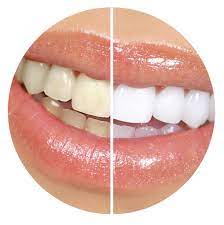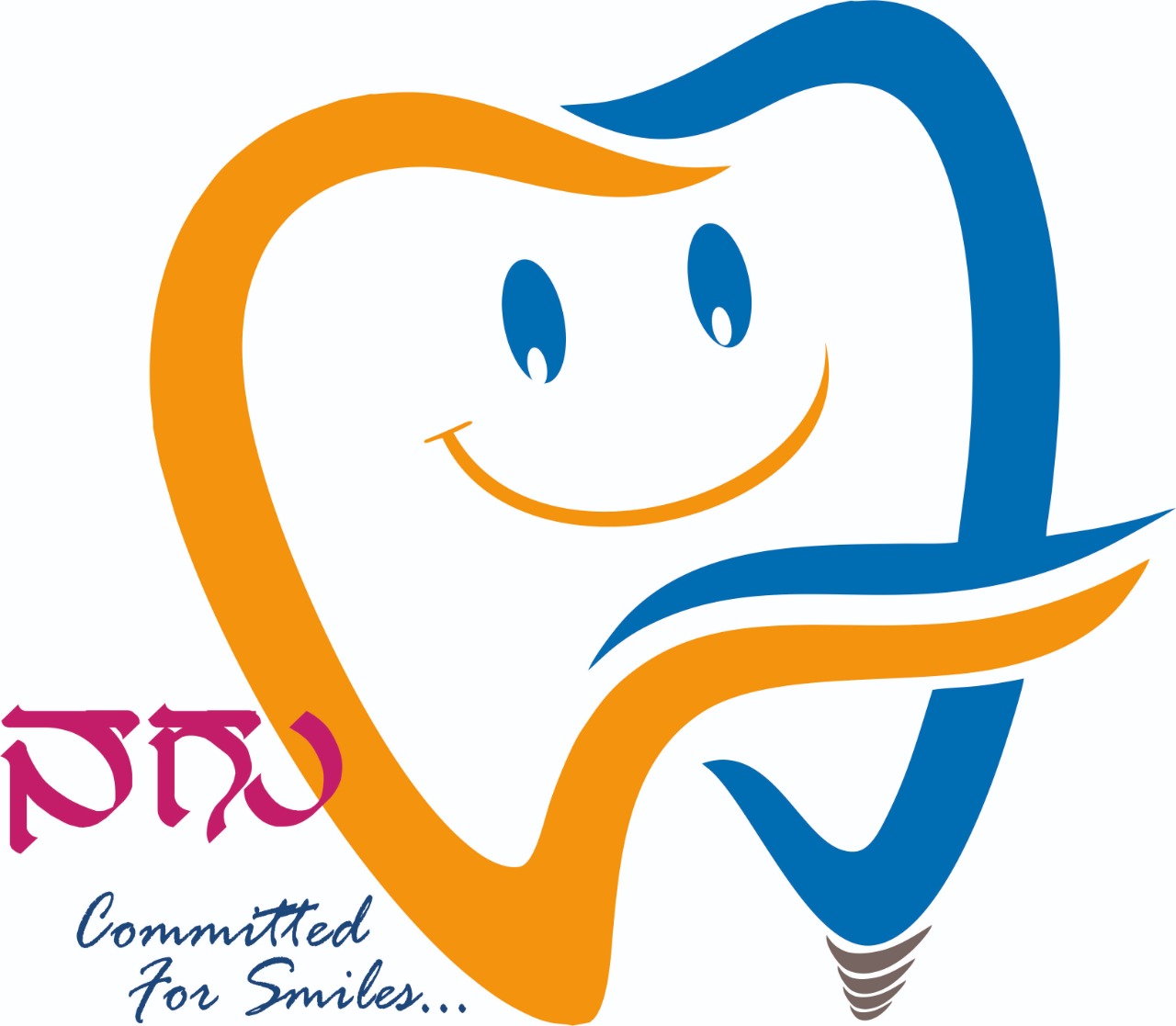Teeth Whitening in Channapatna
- 4 months ago
- Teeth Whitening in Channapatna ,
- Orthodontics Treatment in Channapatana ,
- Best Doctor for Crowns Bridges Treatment Channapatana ,
- Best Teeth Whitening Treatment In Channapatana ,
- DENTURES IN TOWNHALL ,
- Best Dental Implants Treatment Channapatana

Teeth Whitening
Teeth whitening is a popular cosmetic dental procedure aimed at lightening the color of the teeth and removing stains or discoloration. It is one of the most requested treatments in modern dentistry due to its effectiveness in enhancing a person’s smile and boosting their confidence. Here’s a comprehensive look at teeth whitening, including methods, benefits, considerations, and aftercare.
Methods of Teeth Whitening
-
Professional Whitening: This method is performed by a dentist and typically offers the fastest and most effective results. Dentists use stronger whitening agents and specialized equipment to achieve significant color changes. Procedures include:
- In-Office Whitening: Involves applying a high-concentration whitening gel to the teeth and often using a special light or laser to enhance the gel’s effectiveness. Sessions usually last about an hour.
- Custom Take-Home Kits: These involve trays custom-made by the dentist to fit over the teeth. Patients fill the trays with a professional-grade whitening gel and wear them at home, often overnight or for a few hours a day.
-
Over-the-Counter Products: These are available without a prescription and include:
- Whitening Toothpastes: Contain mild abrasives and chemical agents that can help remove surface stains. However, they do not change the intrinsic color of the teeth.
- Whitening Strips and Gels: Thin strips coated with a whitening gel or gel products applied directly to the teeth. They are less effective than professional treatments but can provide noticeable results with consistent use.
- Whitening Rinses: Mouthwashes that contain whitening agents. They are generally less effective compared to other methods due to shorter contact time with the teeth.
Benefits of Teeth Whitening
- Enhanced Appearance: A brighter, whiter smile can improve overall facial aesthetics and boost self-esteem. It can make one look younger and more vibrant.
- Non-Invasive: Teeth whitening is a relatively simple procedure compared to other cosmetic treatments. It does not require surgery or major alterations to the teeth.
- Cost-Effective: Professional treatments, while more expensive than over-the-counter options, offer long-lasting results, reducing the need for frequent touch-ups.
Considerations and Risks
- Tooth Sensitivity: Whitening treatments can cause temporary sensitivity in some individuals. This sensitivity usually subsides after the treatment ends, but it’s essential to consult with a dentist if it persists.
- Gum Irritation: Incorrect application or overuse of whitening products can lead to gum irritation or damage. Proper usage and adherence to instructions are crucial.
- Uneven Results: Crowns, fillings, and other dental restorations do not whiten like natural teeth, which can result in uneven color. A dentist can provide advice on managing these concerns.
Aftercare and Maintenance
- Avoid Staining Foods and Beverages: After whitening, it’s advisable to avoid foods and drinks that can stain teeth, such as coffee, tea, red wine, and tobacco.
- Maintain Good Oral Hygiene: Regular brushing with fluoride toothpaste and flossing help maintain the results of whitening and prevent new stains.
- Regular Dental Check-Ups: Routine visits to the dentist can help monitor the condition of the teeth and address any issues that might arise.
Conclusion
Teeth whitening can be a highly effective way to brighten your smile and enhance your appearance. Whether opting for professional treatments or over-the-counter products, it is essential to consider factors such as sensitivity, cost, and maintenance. Consulting with a dentist ensures that you choose the best method for your needs and achieve safe, satisfactory results.
